Weaving a Sector: Building Relationships to Transform a System
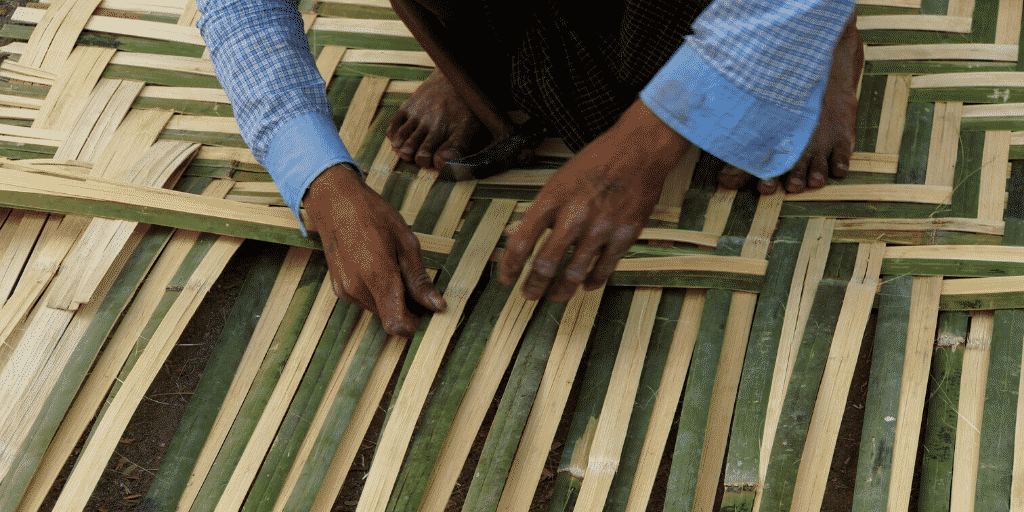
In his article A Nation of Weavers, published in the New York Times on February 18, 2019, David Brooks articulates a precious opportunity: “If you can change the culture, you can change behavior on a large scale.” Brooks is referring to a broken culture creating people that lack connection to each other. While he focuses on relational problems between individuals, relationships between organizations, programs, governmental bodies, and community members, are often characterized by the same fear, distrust and tribalism that he identifies. Scarce funding means organizations distrust each other and are reluctant to share resources. The different parts of the system are tasked with paying attention to their work, not how their piece of the puzzle fits into the bigger picture. Government bodies and community rarely get to interact and when they do the power differentials pose a challenge for transparent, two-way conversations. This is why building relationships to transform a system is such an effective strategy.
The bright spot for Brooks is the power of weavers, who play a crucial role in knitting the social fabric of their communities and the potential ways that we can learn from them. Figuring out how to create a healthy culture that supports strong relationships is precisely the challenge we have grappled with for the past 6 years.

A Real World Example of Culture Change
Since 2013, we have been working with an initiative, the First 2000 Days Network, whose express purpose is to change the culture of the Early Childhood Development system in Calgary, Canada. Driven by the belief that together we can achieve more than what any one of us could achieve alone, we have committed fully to a weaving mentality to tackle the increasingly difficult challenge of building systems that can help young children and their families live healthy, thriving lives. We’re committed to building relationships to transform a system.
The First 2000 Days Network focuses on how people in this vast system are working together rather than what they’re doing. It helps people share with each other, find opportunities to collaborate, align their efforts so they’re working with instead of against each other, and amplify what’s working. As a precondition to all of that, the Network creates healthy relationships amongst the individuals that impact children and families. Our hypothesis is that if we could build an initiative with a culture that actively supports quality relationships, we could change the system. We make small but significant, intentional choices to create this culture.
Building Relationships to Transform a system Requires a Culture...
A crucial, early decision for the Network was to hire a Network Weaver to build the Network’s culture. The Network Weaver holds the most strategically significant position in the Network. Like the weavers that Brooks describes, the Network Weaver’s role is to develop strong relationships through convening, catalyzing collaboration, and leveraging existing connections. This is crucial for the direct impact that it has on the ways that people within the Network work together. It also has an indirect effect of modelling the importance of high-quality relationships. In order to scale the relationship building that is required to change a system many people have to re-define the importance that they place on relationship building and practice it in their everyday lives. Persistent modelling creates the Network’s social norms.
The Network Weaver is also responsible for intentionally establishing specific practices, policies and structures within the Network that support this culture. We build trust by interacting often. Our weekly, strategic meetings are open to anyone who wants to attend. We are transparent about how and why we make decisions. We consistently ignore people’s titles to encourage everyone to have a voice. We judge people’s ideas based on their merit instead of their formal position. All of these efforts relate to one another: when a process is free of favoritism, people are encouraged to have a voice, and decisions are made with integrity, people are more willing to share, trust, and work with one another. By embedding the practice of supporting relationships in the fabric of the initiative, it lives beyond the actions of any individual and becomes the foundation of all of the Network’s activity.
It takes practice when we’re used to other ways of treating each other. By consistently making decisions that exemplify this culture, others have started to mimic this way of acting. They listen more, rely on each other, treat and know each other as full human beings, and invest in each other’s success. And that gets us closer to our goal of building relationships to transform a system.

Building Relationships to Rransform a System... the Future!
What does the future look like for the First 2000 Days Network? One of our biggest challenges is getting dedicated support for the Network’s weaving function. We’re always working to make the process and their outcomes visible so that the importance of managing the space in between is clear. Today, we’re confident that we’ve created a healthy culture with our Network partners. Most importantly, we’ve built our partners’ weaving capacity and sense of responsibility.
The First 2000 Days Network is an example that it is possible to invest in a culture that supports quality connections. The beauty of its experiment is that the approach can be transferred to any social issue or place. We can all question and shape the cultures we are part of to support the change we hope to create.
About the Author: Blythe Butler
Founder & Evaluator, Atticus Insights
Atticus Insights, my consulting practice, is dedicated to building capacity in individuals, organizations and communities to be able to effectively meet the challenges and opportunities they face. My passion is rooted in organizational change, culture, strategy, evaluation & learning in order to build organizational resiliency. I take a multi-disciplinary approach to address complex challenges while maintaining the ability to execute and design practical action. I have a broad and diverse background in strategic planning, change management, developmental evaluation, facilitation and organizational development. For over 15 years I have worked in the public, private and not-for-profit sectors, consulting with clients in the areas of collective impact, community investment, corporate social responsibility, social enterprise and change management.
About the Author: Will Jacobson
Business Development Specialist
Will Jacobson is the Business Development Specialist on VNL’s Marketing and Communications Team. Will previously served as as VNL’s Marketing Intern.
Originally from New York City, he loves living in Colorado and all the outdoor life it has to offer. He’s also a pretty big foodie! Will holds a degree in marketing from the University of Colorado Denver.
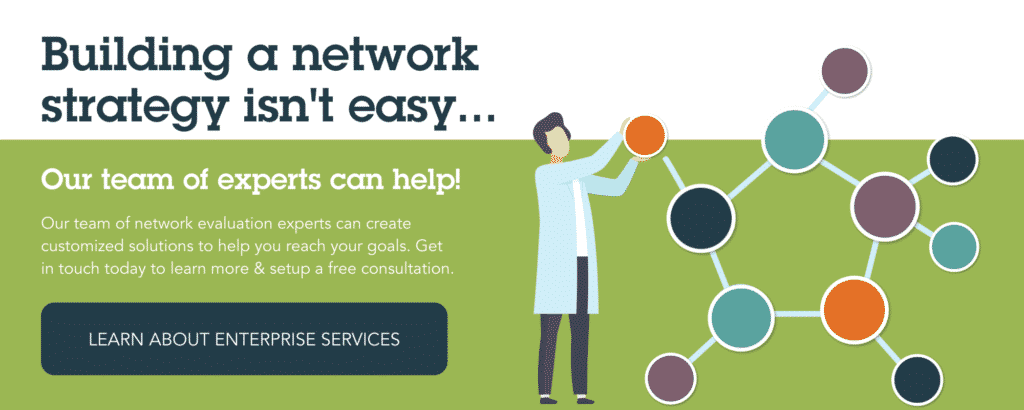
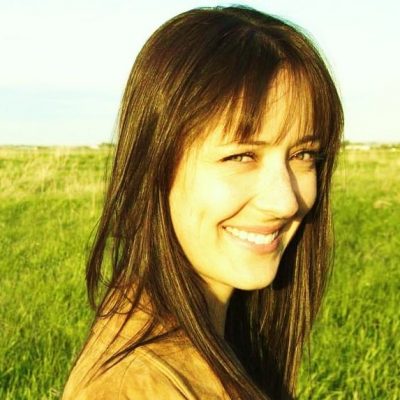
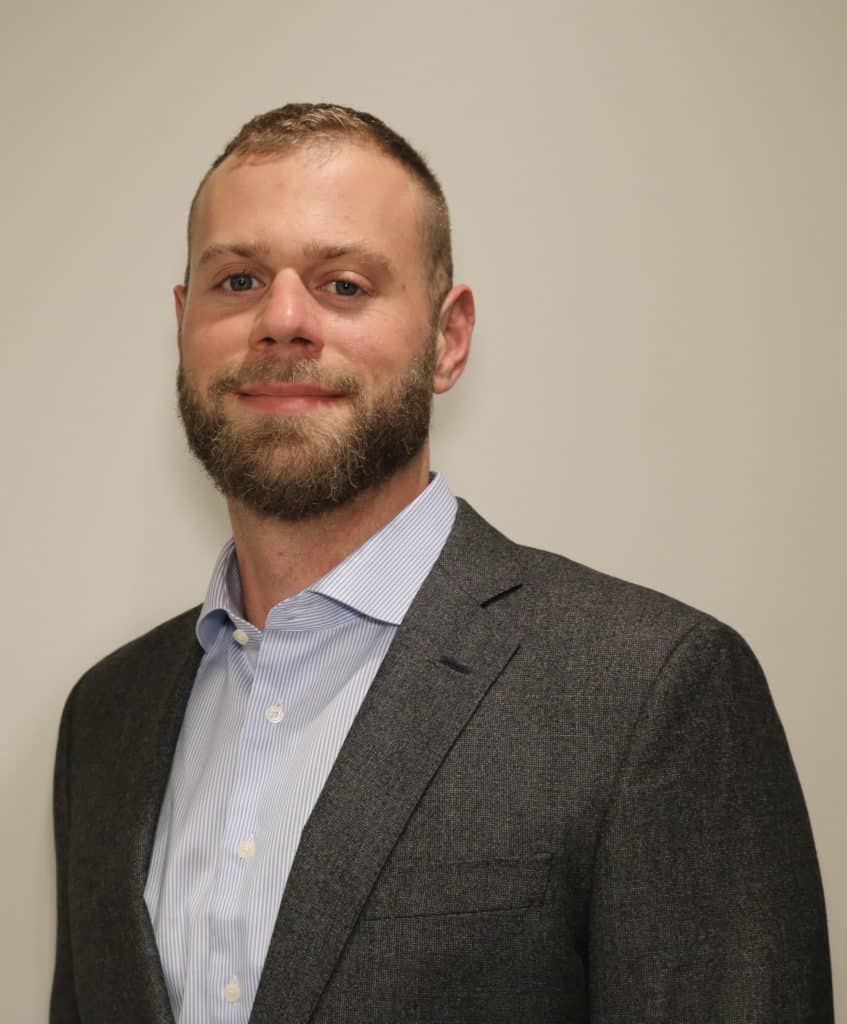


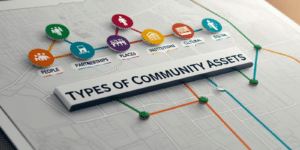

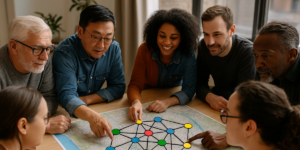
One Comment
[…] This was also shared on Visible Network Lab’s website, a great resource to learn more about Social Network Analysis and the PARTNER […]